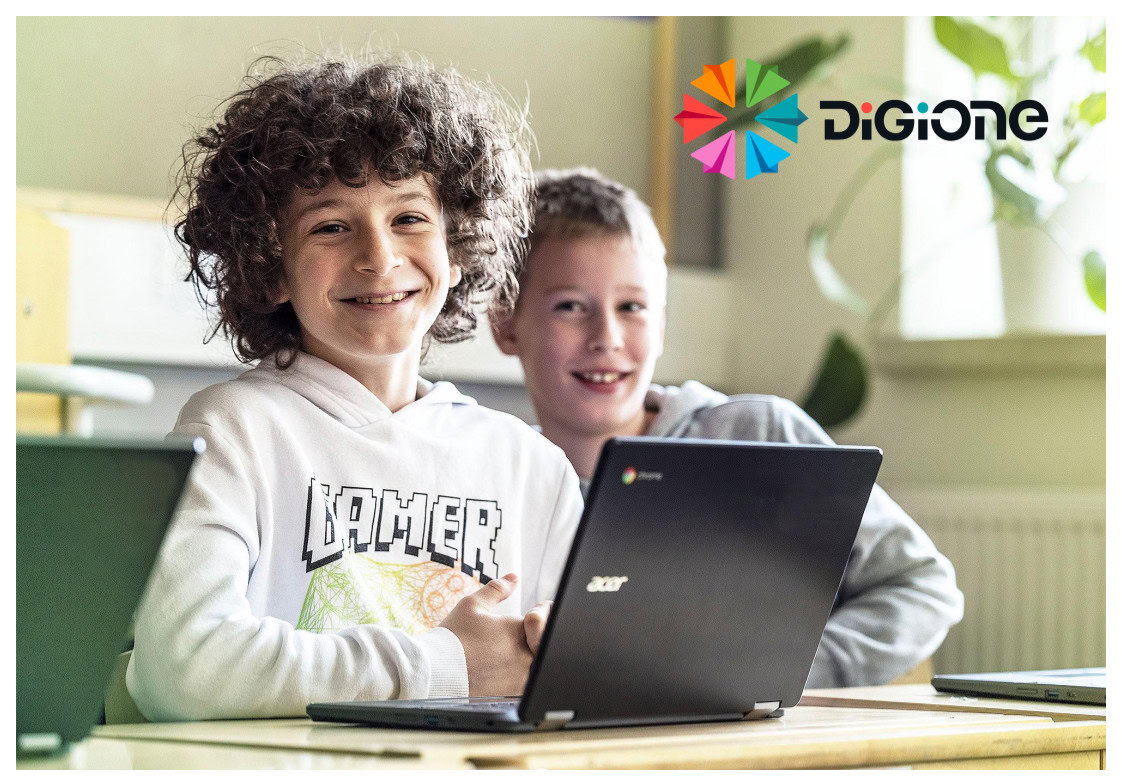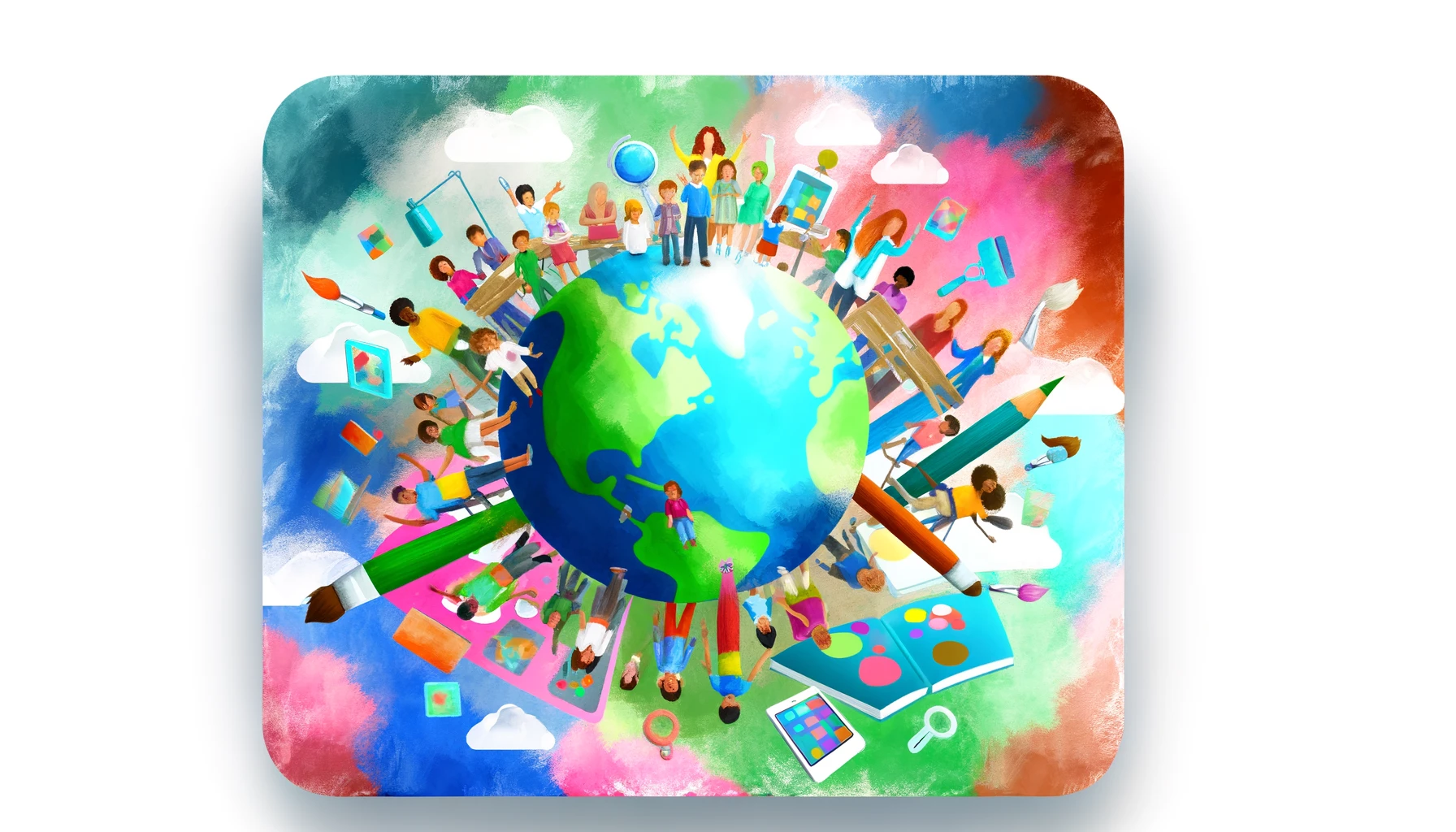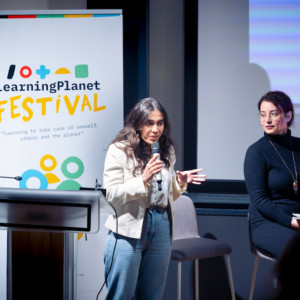World Teachers’ Day is back, as always, on 5 October! On this occasion, we aim to celebrate inspiring teachers around the world, whose work deserves to be highlighted. In this article, meet Womala from Uganda, a proactive public policy, community impact, leadership, and youth activist.
We met Womala through the Teachers for the Planet Programme, a global coalition co-led by the Aga Khan Foundation, Learning Planet Institute and Teach For All, which witnesses inspiring examples of outstanding educators all around us. It puts teachers and education leaders at the centre of the educational response to our climate crisis.
Are you an exceptional educator like Womala, working to address the climate crisis in your school? We are now collecting solutions, 100 of which will be presented to policymakers at COP28.
What are your sources of inspiration?
My biggest source of inspiration is empowering others (community, learners, educators and all stakeholders) while I live on to witness them practically do small day-to-day actions that restore, protect and preserve mother nature.
How do you involve kids on topics that are important to you?
Through affected area visits, discussions and brainstorming, I involve kids on crucial topics like climate change by provoking them into critically reflecting on the growing challenges climate change has caused to their day-to-day lives, how it affects their education and what they can do as young people to be part of the solution.
What’s the best advice your students have given you?
Previously, some parents would stop some learners from coming to school so that they could offer labor on their farms. My learners at school suggested that we all go to those learners’ homes during the weekend, and help their parents with farm work so that their colleagues can regularly come to school. We did that and the school attendance of most affected learners improved.
What are your main challenges as a teacher?
My main challenges as a teacher are the large numbers of learners who complete school daily without having a single meal while there. This limits their concentration and learning outcomes.
How does teacher shortage affect you in your daily working life?
Teacher shortage increases the workload for the few available teachers, it’s unpredictably hard to have solid and effectively productive delivery if one has big numbers and there are very few teachers in populated schools…
Do you feel valued as a teacher? Why? Why not?
Yes, I do, because my learners appreciate that we all work together to achieve great outcomes. I feel that my satisfaction and worth as a teacher are determined by those you empower. It also leads to growing collective growth and individual transformation.
How do you think the teaching profession could be better valued?
The teaching profession can be improved if teachers are given continuous capacity building in technology to enable them to utilise technology in engaging their learners and not limited to their welfare and living conditions.
How do you think the teaching profession could be better supported?
From whom do you receive the most support?
I receive most help from colleagues and the institution.
Meet Womala
Womala Ivan Samuel is a proactive public policy, community impact, leadership, and youth activist, a double award winning environmentalist and social change champion with a bachelor’s degree in Ethics and Human Rights from Makerere University. He is a Teach for All African Community Leader, a Teach for Uganda and Global Livingston Institute Alumnus, A passionate radio host/panelist, an eloquent orator and an artistic writer.
He is an honored global educator’s award winner whose environmental activism works have been featured at COP26 Glasgow. Womala previously presented at The World Innovation Summit on Education in Doha Qatar 2021 under the theme “leadership and innovation in education” and at The High Resolves Conference Australia in 2023. He currently serves as a Teach for Uganda Recruitment Officer and the Network Climate Education support lead.



